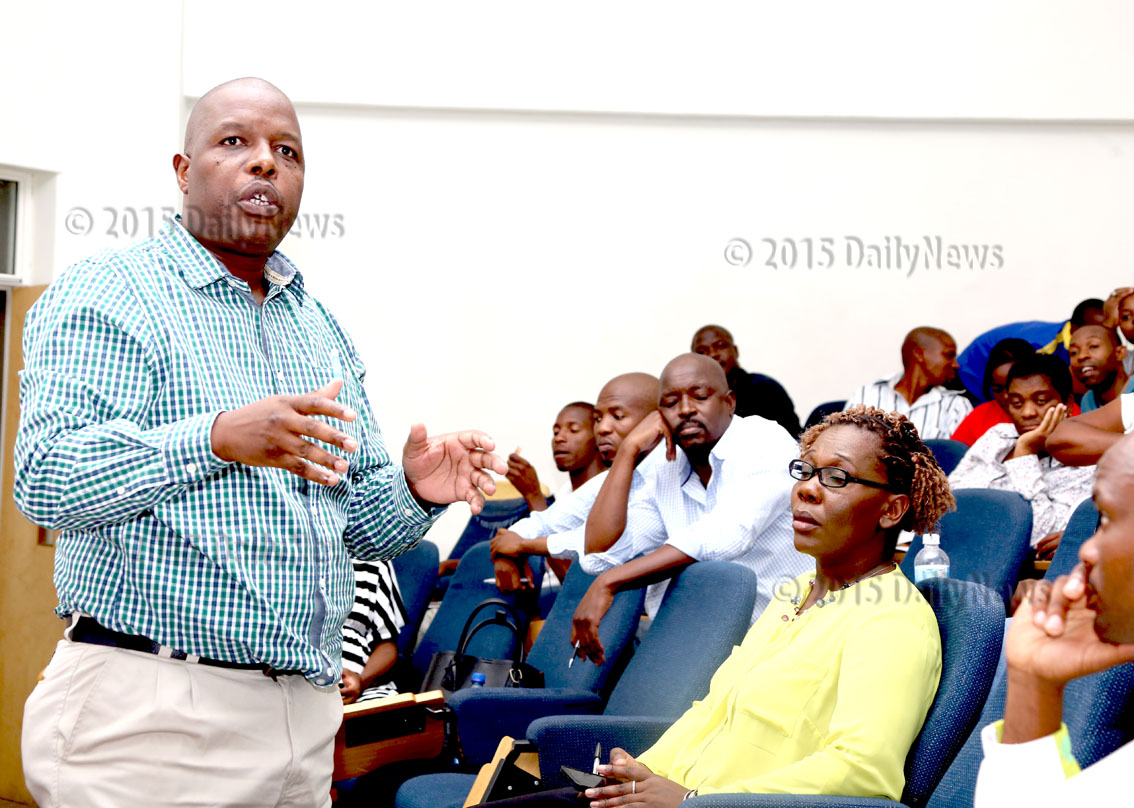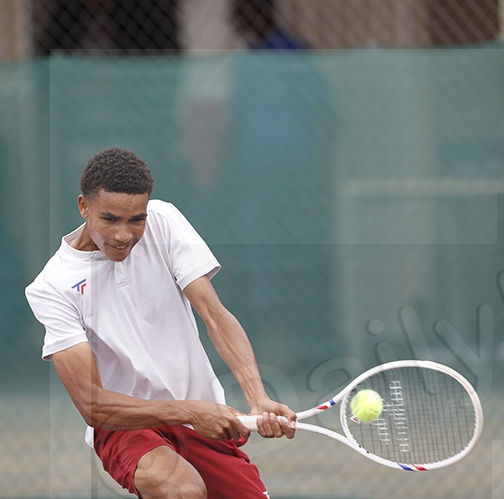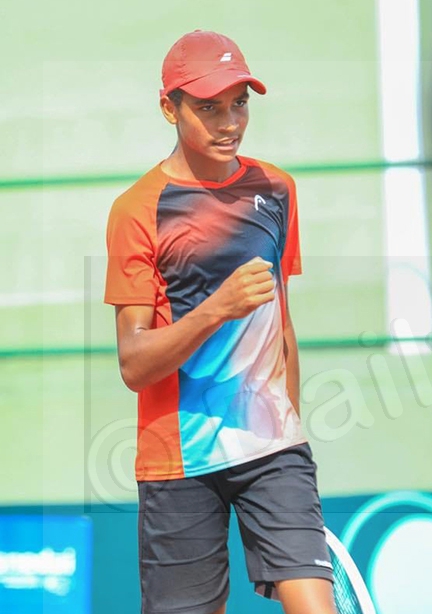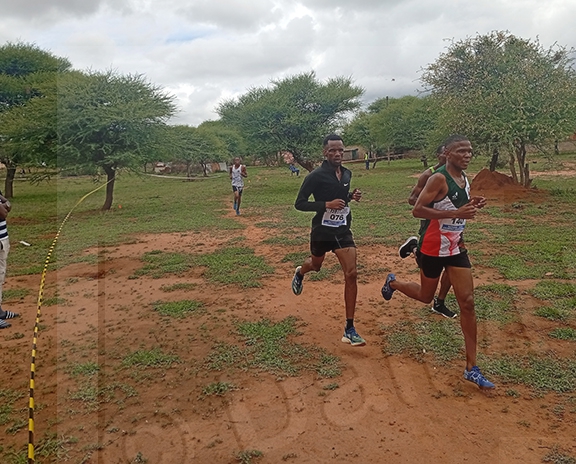Selfishness costs codes
02 Mar 2015
Sports codes have been advised against excluding medical officials from their trips to major competitions.
This was aired by the interim member of National Anti-Doping office (NADO) during a workshop in Gaborone over the weekend (February 28-March 1).
Basadi Akoonyatse said some sporting codes had the tendency to rope in many officials at the exclusion of medical officials who usually offered their services for free, saying such was not good.
She said the medical personnel were important in the area of doping as they were supposed to advise athletes when the need arose such as what to eat or drink to avoid consuming foodstuffs with prohibited substance.
“Some medics are willing to assist codes for free but people are reluctant to engage them, why,” Akoonyatse asked, saying it was time that technical and executive committees ensured that they had medical personnel in their entourages.
To confirm Akoonyatse’s declaration, a young boxer Atang Mosenki said that medics were important as most of the athletes were not enlightened, especially when it came to food stuffs that could put them in trouble. Mosenki said poor food preparations by some hosts could contribute to athletes consuming wrong stuff; he gave the example where they were poorly fed.
“We decided to go out and buy something, but fortunately we were with a medical person who advised us against some of the things, and we realized too how important it is to have someone with such expertise,” he said.
He added that some substances were not on the prohibited list but were found in some consumables, which is dangerous.
The Regional manager for Africa Zone 6 Regional Anti-Doping Organisation (RADO) said although Botswana had done well as compared to other countries, he believed that there was still more to do especially educating administrators and young athletes.
Andrew Kamanga said that having national stars testing positive was an indication that there was still work to do. He said they wanted to avoid such occurrences and ensure that athletes took concrete measures to stay clean.
The regional manager said they wanted to empower more managers and coaches as they spent time with children.
“It is our desire to see each structure having an anti-doping contact person, especially the schools as we have realized that it is wiser to catch them young than at national team level,” he said.
Mr Kamanga said given that most of their athletes were students, there was need for the ministry of Education to infuse that at all their levels. He said their desire was to see their stakeholders utilizing their office as doing things the old way won’t help the sport to grow.
The regional manager said that education was phenomenal to avoid cultural shock of being tested. The officer said they were counting on the University of Botswana Sports Science Centre to start operating, as that will help them in terms of research to enhance the local sporting fraternity.
The official said the issue of anti-doping could not be separated from elite sport, saying they wanted the codes to appreciate that and emphasise it in their associations. He said the Minister of Youth, Sports and Culture, Mr Thapelo Olopeng was a member of World Anti-Doping Agency (WADA).
Since the office’s relocation to Botswana in 2012, his office has three trained educational officers; their desire is for codes to make use of them. ENDS
Source : BOPA
Author : Lucretia Chima
Location : GABORONE
Event : Workshop
Date : 02 Mar 2015







